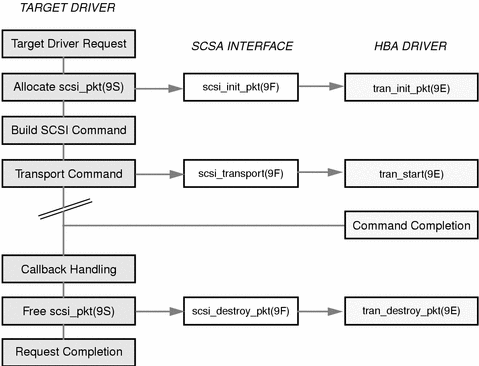In Oracle , you can create your own functions. If you call a SQL function with an argument of a datatype other than the datatype expected by the SQL function , then Oracle attempts to convert the argument to the expected datatype before performing the SQL function. Use the CREATE FUNCTION statement to create a standalone stored function or a call specification. Stored functions are very similar to procedures, except that a function returns a value to the environment in which it is called. Home Articles 12c Here.

Oracle scores highest in the current offering and strategy categories. Call the function from SQL using a table. The Oracle DECODE function can be confusing to those who have never used it. It’s a useful function for comparing values. Learn more about this function and some examples in this video.
Purpose of the Oracle DECODE Function. The purpose of the Oracle DECODE function is to perform an IF-THEN-ELSE function. Traditionally, performing a function on an indexed column in the where clause of a query guaranteed an index would not be used. Oracle 8i introduced Function -Based Indexes to counter this problem. Rather than indexing a column, you index the function on that column, storing the product of the function , not the original column data.

See the section on AUTHID under PROCEDURES. The DUMP function returns a VARCHARvalue containing the datatype code, length in bytes, and internal representation of expr. The returned result is always in the database character set. INSTR Returns the position of a String within a String.
I hope to call the function once in the package, but be able to re-use its data mulitple times. While I know I create temp tables in Oracle , I was hoping to keep things DRY. It’s also known as stored function or user function.
User defined functions are similar to procedures. Oracle: return a table from a function. With collections and the table() function, a function can return a table that can be queried in an SQL statement. This is demonstrated in the following example. First, we need to create a record type.
There is no documented LEFT() function in Oracle. Probably what you have is a user-defined function. NVL() The COALESCE() function is a part of SQL ANSI-standard while NVL() function is Oracle specific. In case of two expressions, the COALESCE() function and NVL() seems to be similar but their implementations are different.
Returning TABLE From a Function Is it possible to return a Record Set (Table) from a Function in ORACLE ? Yes, with COLLECTIONS, it is possible to return a record set from a Function. Function which returns a record set requires following steps: Object Type with attributes to be created first. The Oracle TRANSLATE function is a similar function to REPLACE, but it has a few differences.
Learn what the differences are and see some examples in this article. Hi Guyz, I have questions regarding function overloading. Is it necessary for the functions to be inside a package to perform function overloading ? I have functions :-a) function check_hello( P_INPUTVARCHAR P_INPUTNUMBER) RETURN BOOLEAN b) function check_hello( P_INPUTVARCHAR P_INPUTNUMBER) RETURN VARCHARThe difference is the return type.
Brak komentarzy:
Prześlij komentarz
Uwaga: tylko uczestnik tego bloga może przesyłać komentarze.